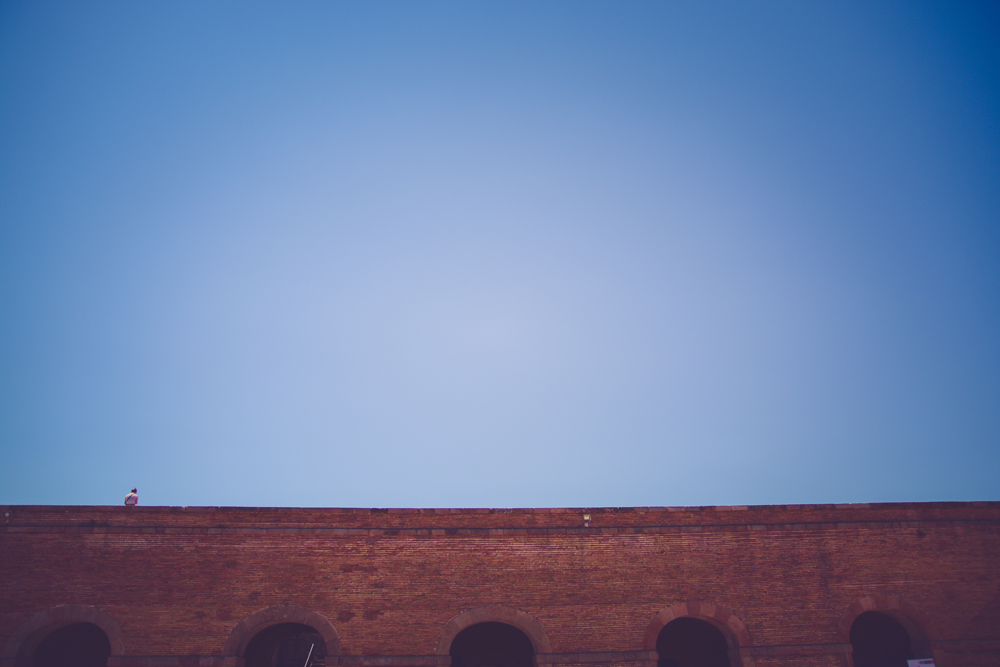
I represent the people who get more than they deserve.
The lucky ones. The golden children. The privileged, wealthy, and influential.
Oh, my dears. How can I claim to be anything other than your sister?
I know all about a life that’s unfair in my favor.
Once, during my sister’s seven-year stint living at a children’s home—a home for at-risk, orphaned, and abandoned kids—our parents invited her and her dorm-mates to drive the hour from Mesa, Arizona to have a pool party at our house.
I felt so excited to hang out with my sister’s friends. I didn’t know them yet. When we fetched Katie for visits, I waited in the hallway of her dorm with our parents while she finished packing. The girls she lived with would walk by me as if I weren’t there.
I wondered about them. Had they replaced me? Did Katie like them better than she liked me? Did they have more fun than I did, all by myself in my 5000-square-foot house?
I envied them. I also wanted them to include me.
So the day of the party, I watched out of the large picture window in our house in Tucson for them to arrive. I felt proud and pleased to show them around; show off our creamy white carpets and understated decor.
When I saw the children’s home’s eighteen-passenger van accelerating up our gravel driveway, I ran out to the garage. I would make them feel special and welcome. We would all be friends.
The dozen girls exited, Katie somewhere in the middle.
But instead of greeting me, they looked around like they were on the moon, their mouths open in shock.
I looked around to see what was wrong. It all looked normal to me: the expansive driveway, the three-car garage, the large brick wall surrounding our property, the tasteful landscaping, the wild land beyond.
Why did they look so disoriented?
“You live here?” one of the girls said to me. “Just you?”
With a little sickening jolt, I saw my house through her eyes. Compared it to the children’s home—which was nice, but still an institution. Compared my life with theirs.
I realized they thought I was the pretty, spoiled stepsister in a fairy tale. In the old versions, the Grimm versions, those sisters did not fare well…
I’m over at SheLoves, digging into why the word “privilege” scares us—and why recognizing it sets us free. Won’t you join me there?
Image credit: Doug Wallick







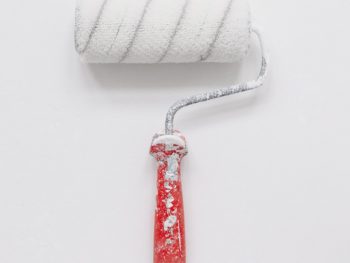
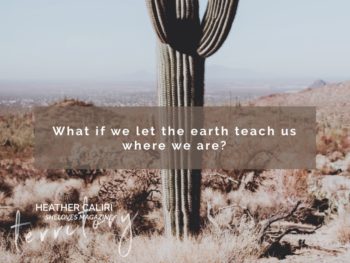
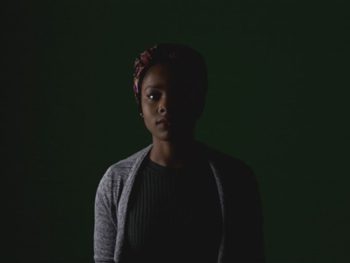

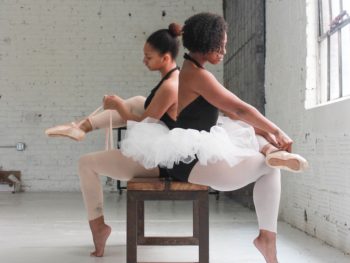
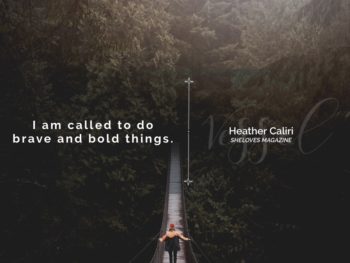
 Holy Curiosity About Fear: For Cara Meredith
Holy Curiosity About Fear: For Cara Meredith
I read your post over at She Loves. And to be honest I thought it was going to be another “lets all feel guilty for being white, paying our bills and having parents who loved us” story. But it was refreshingly NOT. I am grateful for you addressing this issue with your unique perspective. I often think we (all people) are blind to our privileges, both financially and culturally. I find myself thinking you were very privileged when you mention a 5,000 square foot house, but my 2,000 square foot house is a privilege to someone else; and in reality a privilege in itself without comparison. I have ENOUGH. I live in relative peace and safety, access to education, employment and good health. I want this and believe that all people should have those basics . I know that I have worked hard and have also benefited from those who have gone before me and those who work hard along side me but I am also aware that in this world that does not guarantee success much less fairness.
If that were the case -that all effort- produced not only enough but also extravagant privileged success. Then the African mamas who welcome us every year should be holding down the spot on Forbes Top 100. But the world doesn’t work fairly. And even though the chances of hard work paying off are better in America , there are still many factors in the way. What I found most interesting was when you addressed dealing with the shame of being privileged and how that really does nothing in itself, but what you do with your privileged life matters. It mattered what those who raised you , invested in you, were patient with you, believed in you, paved or payed a way for you did with their privilege and it matters what we do now.
I do not believe I need to feel guilt or shame for any privilege I have (given or earned) just as I won’t feel shame for anything unfortunate out of my control such as alcoholic father, or where I was born. But it is what is in my control that is so important. If its privilege , how do I use it share it , invest it? If its misfortune how do I respond to it, comfort in it, share it? These are the things with in my power; be it in wealth, experience or influence. I am responsible for those choices; and the realm where I have choices I know much is required. As Jesus tells me “Whom much is given, much is required.” I am starting to see the areas where much is given far beyond the American mindset of wealth and education. To see that my personality, my experiences (good and bad) , my forgiveness is also in the “much given” categories that God has allowed and created in my life.
We ALL have something given that is required. I thank you for addressing that privilege is not sinful in itself or asking people to feel guilty for it. Your writing also doesn’t cause the reader to feel sorry for the less privileged, instead it opens eyes and stirs compassion and gratitude. This to me is important because compassion is not pity. It does not dismiss human beings as “poor little me” rather it stirs in one individual the empathy for another’s struggle and it ask “How can I come along beside you and act on behalf of our humanity?” Compassion doesn’t assume to know all that one needs, but it listens, it learns and it acts. It doesn’t take over, or swoop- and save. Compassion picks up and strengthens alongside the talent, effort and hopes of another. And together we can see that the privilege of knowing and loving each other is more than enough.
Hey, Allison, thanks so much for these kind and very thoughtful comments. I’m glad you found it different than other discussions. I think the first hurdle to privilege is simply recognizing where we have it–which involves a kind of frank honesty and accounting that can be hard when it’s all covered in shame and guilt. Sometimes, recognizing our own advantages is scary, too, because if life is this hard w/ advantages–what must it be like with people who struggle more? But I am so with you in your very insightful comments: more straightforward accounting, less hand-wringing and guilt-tripping. Privilege just _is_, and the sooner we recognized power dynamics, and where we fall in them, the better we steward our own power to include more people.
And I’m hoping your African mamas experience the success their hard work merits. 🙂